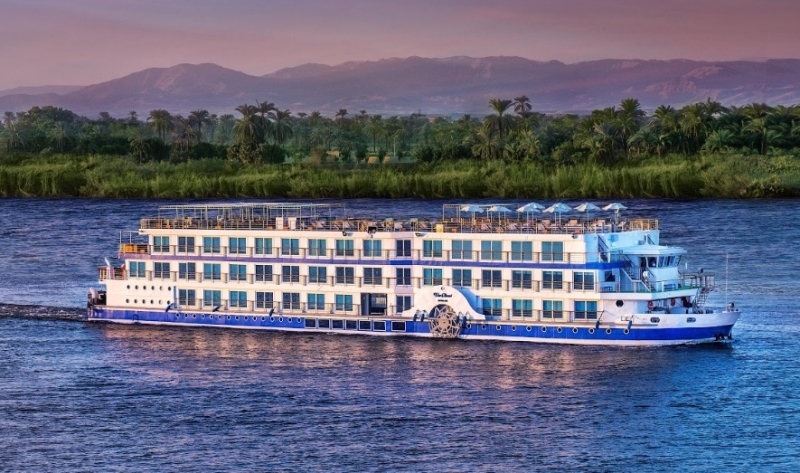
Why Egypt Is Called the Gift of the Nile
Why Egypt Is Called the Gift of the Nile
Egypt, often referred to as "the Gift of the Nile," owes its historical significance and agricultural prosperity to the life-giving waters of the Nile River. This phrase encapsulates the profound relationship between the Egyptian civilization and the Nile, highlighting the river's crucial role in shaping the country’s culture, economy, and way of life.
The Lifeblood of Civilization
The Nile River, stretching over 6,800 kilometers, is the longest river in the world. Its annual flooding was a vital source of fertility for the surrounding land, depositing nutrient-rich silt that transformed the arid desert into lush farmland. This predictable flooding cycle allowed ancient Egyptians to cultivate crops such as wheat, barley, and flax, forming the backbone of their economy.
Agricultural Abundance
The agricultural abundance facilitated by the Nile supported one of the earliest and most advanced civilizations in history. The surplus of food not only sustained the population but also enabled the growth of cities and the development of complex social structures. The agricultural calendar revolved around the Nile's cycles, influencing religious practices and daily life.
Cultural and Spiritual Significance
The Nile was not just a physical resource; it held deep cultural and spiritual significance for the ancient Egyptians. The river was personified as the god Hapi, who represented fertility and abundance. Many religious rituals and ceremonies were conducted in honor of the Nile, reflecting its importance in sustaining life and ensuring prosperity.
Trade and Transportation
Beyond agriculture, the Nile served as a vital transportation route. It facilitated trade and communication between Upper and Lower Egypt, connecting various regions and promoting economic exchange. Boats traversing the river carried goods, people, and ideas, further enriching Egyptian civilization.
Challenges and Adaptations
Despite its life-giving properties, the Nile also posed challenges, such as unpredictable flooding or droughts. The ancient Egyptians developed sophisticated irrigation systems to manage water resources effectively, showcasing their ingenuity and adaptability in the face of environmental challenges.
Conclusion
Egypt’s designation as "the Gift of the Nile" underscores the river's fundamental role in the development of one of history's greatest civilizations. The Nile not only provided the resources necessary for survival but also shaped the cultural, spiritual, and economic landscape of ancient Egypt. Today, the river continues to be a symbol of life and sustenance, reminding us of the enduring connection between nature and civilization.
Sonesta St. George Nile Cruise
Movenpick Royal Lily Nile Cruise
Mobile : +2010014222529
+201033358596
E-mail : [email protected]
Web site: www.planegypttours.com


